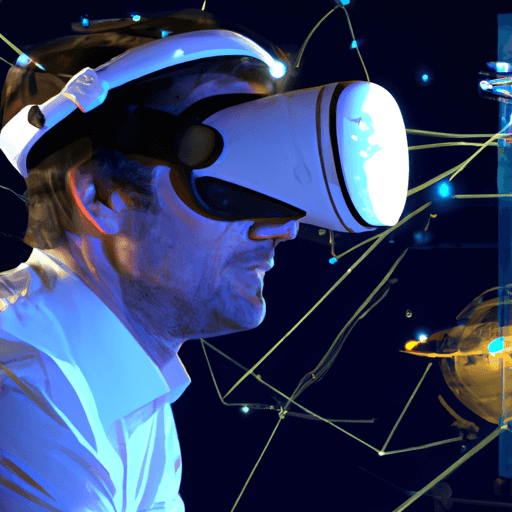The Influence and Potential of Virtual Reality on The Future of Cinema
As technology advances, it's continuously reshaping various sectors, including the film industry. One such transformative technological innovation is Virtual Reality (VR). This powerful tool has the potential to redefine and revolutionize cinematic experiences.
Storytelling Transformed
VR enhances storytelling by offering an immersive, 360-degree perspective. It places viewers into the world of the film, making them experience the narrative like never before. Films like The Lion King: The Virtual Reality Experience provide a clear demonstration of VR’s potential for profound storytelling. Viewers are transported into the world of the movie, making them feel like they are part of the narrative, not merely spectators.
Engagement and Interaction
VR technology is also enhancing engagement and interaction in movies. Unlike conventional cinema where viewers are passive spectators, VR allows viewers to interact with elements within the film. For instance, Henry, an animated VR short by Oculus Story Studio, integrates interaction by allowing viewers to interact with characters in a way that influences the story's flow.
Challenges and Implications
Despite the exciting possibilities, VR in cinema isn't without challenges. One is motion sickness, mainly due to mismatches between visual input and physical sensation. Also, there's the issue of accessibility, as not many theatres or individuals have access to VR equipment.
Shift from Conventional Methods
The rise of VR signifies a shift from conventional filmmaking, with directors needing new filmmaking techniques. VR offers an interactive experience, turning the linear story-telling film technique on its head.
Successful VR Experiments
Numerous films have already experimented with VR. Alejandro Iñárritu's 'Carne y Arena' VR installation provides the immigrant experience in an immersive 360-degree narrative. Also, films like 'The Invisible Hours' have successfully utilized VR to provide a unique movie-going experience, signifying a leap towards the future of cinema.
In conclusion, the integration of VR into the film industry presents a vast scope for innovation. It's set to change the cinematics of storytelling, engagement, and interaction, providing a more immersive, real-time experience to the viewers. However, the implications - both positive and negative - of VR in cinema need to be understood and addressed to effectively utilize this potential game-changer.



















Comments
Leave a Comment